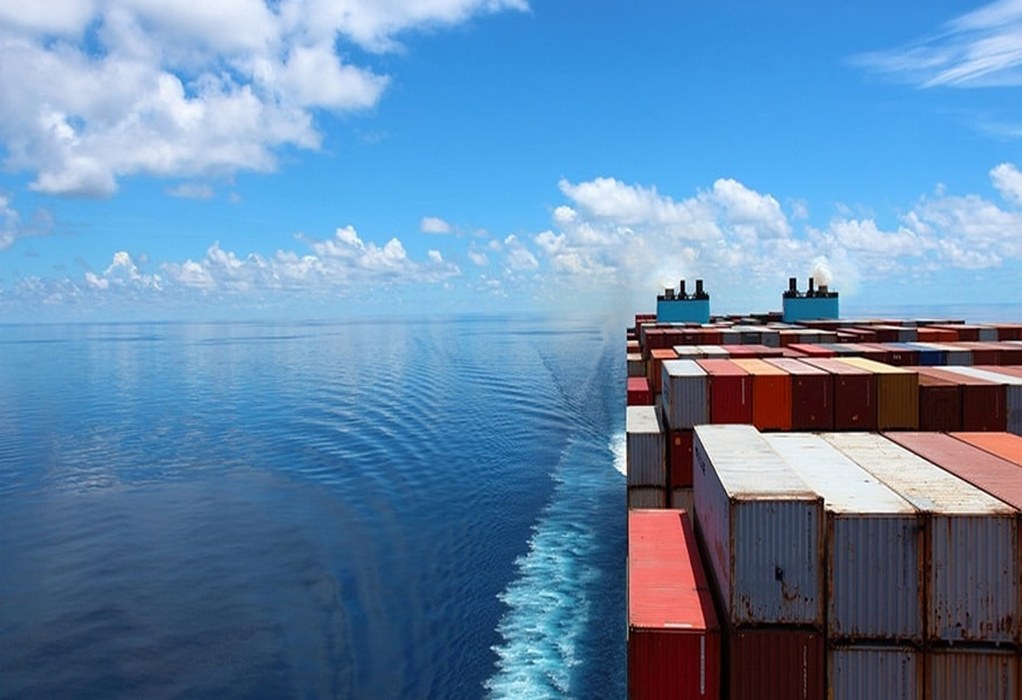PowerCell has signed a Letter of Intent (LoI) to negotiate final terms concerning a marine hydrogen fuel cell project.
The Sweden-based company is in the final negotiations of what it says is ‘one of the world’s largest’ hydrogen fuel cell projects in the marine industry.
The project in Norway is headed by Norwegian electrical integrator SEAM and comprises two ferries for passengers and cargo transport which will be powered by hydrogen used in fuel cells.The final contract is expected to be signed by March 3, at the latest.
As part of the project, PowerCell will deliver its PowerCellution Marine System 200 which will enable the ferries to produce around 6MW of power each.
The solution has a flexible product design with high power to weight ratio, safe operation and can easily be customised to the energy needs of different projects.
The company claims the Marine system 200 is durable and well adopted to the challenging marine environment and service life or marine vessels.
In 2021, PowerCell unveiled an industrialised high-power fuel cell module, with low weight and a compact format, for the electrification of marine applications.
The PowerCellution Marine System 200 is the basic building block in PowerCell’s hydrogen-electric solutions for the marine segment and can be connected in parallel to achieve power in the megawatt range.
PowerCell received an order from Norwegian research and development (R&D) company Prototech AS in 2021, for its 185kW marine fuel cell high-power module.
Prototech integrated the module as part of state-of-the-art testing infrastructure for sustainable marine power solutions and future fuels, within the Sustainable Energy Catapult Centre at Stord, south of Bergen.
Tags: Fuel Cells, Hydrogen, Norway, PowerCell Sweden



Recent Posts
Scandlines Nears Delivery of Zero Emissions Ferry Following Successful Sea Trials
India faces emission roadblocks with rising net-zero demands
Green Energy Resources invests in two electric Liebherr LHM 550
NYK Launches Continuous Use of Bio LNG Fuel on Car Carriers to Advance Decarbonization Goals
Yang Ming Expands Fleet with Methanol and LNG Dual-Fuel Vessels Under Fleet Optimization Plan
ClassNK Advocates Speed Gap Monitoring to Optimize Fuel Efficiency in Heavy Weather
Wärtsilä’s retrofit package for the Corsica Linea ferry Pascal Paoli has resulted in fuel savings of up to 22 percent Corsica Linea
COSCO Shipping Names Second Methanol Dual-Fuel Containership in Yangzhou